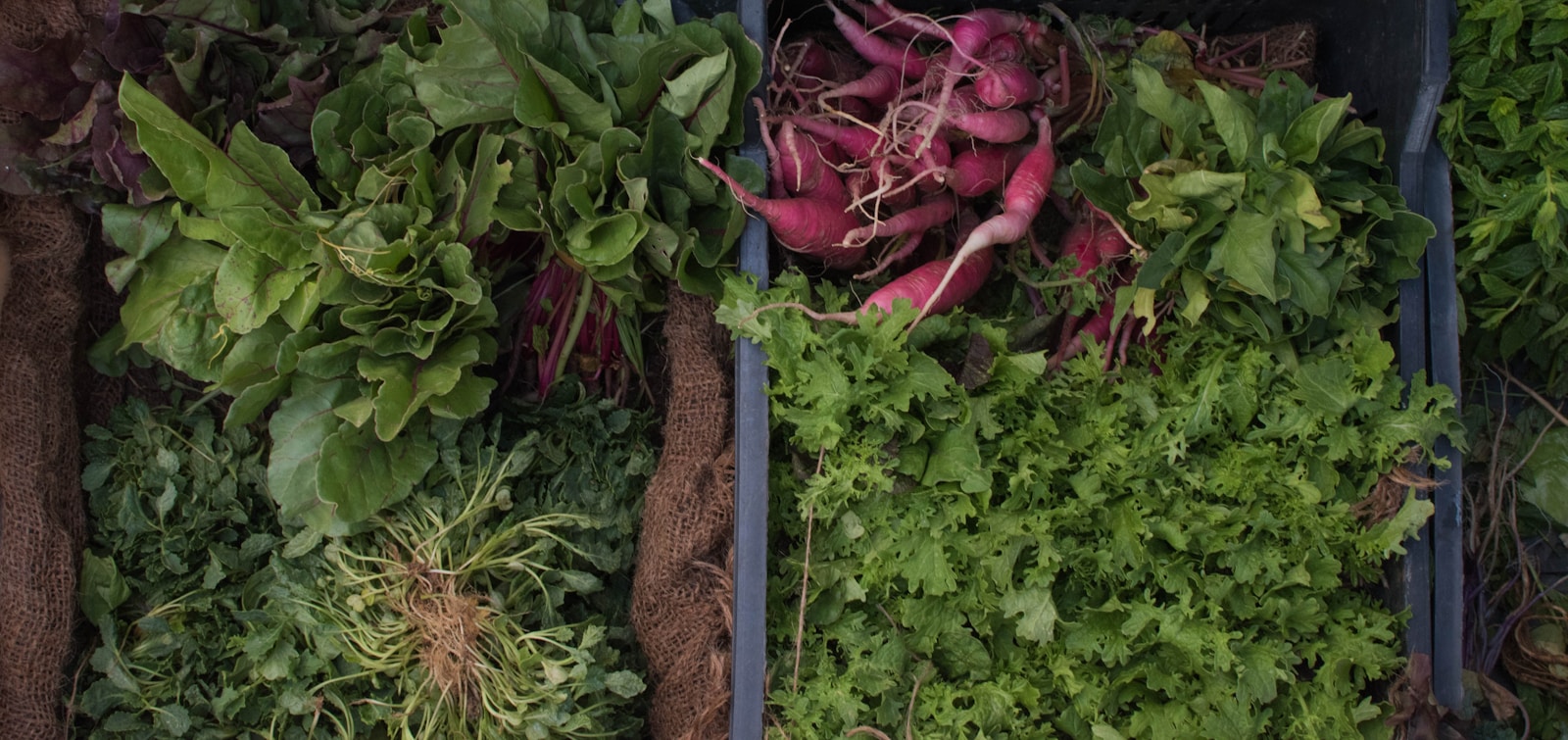Getting students engaged in hands-on learning projects is a powerful way to capture their interest and propel them on a lifelong journey of curiosity and innovation. One such potential project that brings together the sciences, the arts, and real-world applications is hydroponics. Hydroponics is a modern farming technique where plants are grown without the use of soil. It’s a fascinating blend of chemistry, biology and environmental sciences, and offers students a glimpse into the future of sustainable farming and food production methods. By incorporating hydroponics into school curricula, students not only get to explore science in a fresh and exciting manner, but also gain a renewed perspective on the rapidly evolving landscape of modern agriculture.
Integration of Hydroponics Systems into Educational Programs
There are several ways to implement hydroponics systems into a school’s educational program. A great starting point for teachers aiming to introduce hydroponics to their students can be the educational systems offered by Realityworks.They offer different types of hydroponic plant systems suited for diverse learning styles and environments. Some systems such as the Plant Producer Educational Hydroponics System let students grow their greens in commercial quantities. In contrast, the mini pack lets students take responsibility for a handful of plants, encouraging individual or small group learning. They also provide an Educational Aquaponics System, in which students can learn how fish and plants coexist in an ecosystem, reinforcing biology and environmental science concepts in a hands-on manner. The implementation of these systems provides an enriching hands-on learning experience that can significantly bolster students’ understanding of STEM concepts.
Student Competitions Based on Hydroponics
Now, once students have had a taste of hydroponic systems in their educational process, it’s time to fuel their interest further through some friendly competition. Hydroponic-based contests can emphasize the value of urban gardening and sustainable lifestyles. Let’s take a look at the example of the JVL Wildcats Hydroponic program. Students engage in creating and maintaining vertical green walls and window gardens, learning about sustainability, plant growth, and health. From rainbow chard to purple mizuna, students grow a variety of plants in a compact space, supplementing their culinary program and contributing to healthy eating practices among students.
These competitions create a more profound understanding of sustainability and why adopting a healthy lifestyle is crucial. Moreover, the hands-on experience students gain through these competitions empowers them with a sense of responsibility towards environmental preservation. It is an all-rounded educational approach that combines learning, competition, and life skills development.
Awards and Grants for Hydroponics Projects in U.S. Schools
To push student engagement further, numerous organizations offer grants and awards for innovative hydroponic projects. The chance to earn these grants and be recognized for their creative solutions can be a significant motivator for students. Some of these organizations include Aquaponics USA and the Bee Cause Project. Aquaponics USA offers grants for schools setting up aquaponics systems, which are a close relative of hydroponics. While the Bee Cause Project supports schools and non-profit organizations in developing pollinator programs, often involving hydroponics.
- Aquaponics USA: Offers grants for establishments of aquaponics systems in schools.
- The Bee Cause Project: Provides grants to schools and non-profits for developing pollinator programs, often including hydroponics.
- Corteva Agriscience: Awards a $2,500 grant to K-12 science teachers who integrate innovative agricultural science activities into their curriculum.
- KidsGardening.org: Offers various grants for school and community gardening projects.
- Scotts Miracle-Gro Foundation: Provides funds for community gardens and public green spaces.
- Target: Offers grants for educational programs, including potential use for hydroponics projects.
These awards and grants not only recognize the hard work and creativity of students but also provide an incentive for other schools to incorporate hydroponics into their curricula. The recognition from these awards can be instrumental in promoting student participation and stimulating interest in sustainable agricultural practices.
Student competitions and awards around hydroponic projects present a unique opportunity for practical learning and engagement. Students get a chance to delve deep into understanding a crucial future technology – hydroponics – and learn about modern agriculture, sustainability, and healthy lifestyles. Real-time growing experiences coupled with the thrill of competition and the recognition of awards and grants create a rewarding and enriching educational journey that is beneficial for the students, the school, and the broader community.

